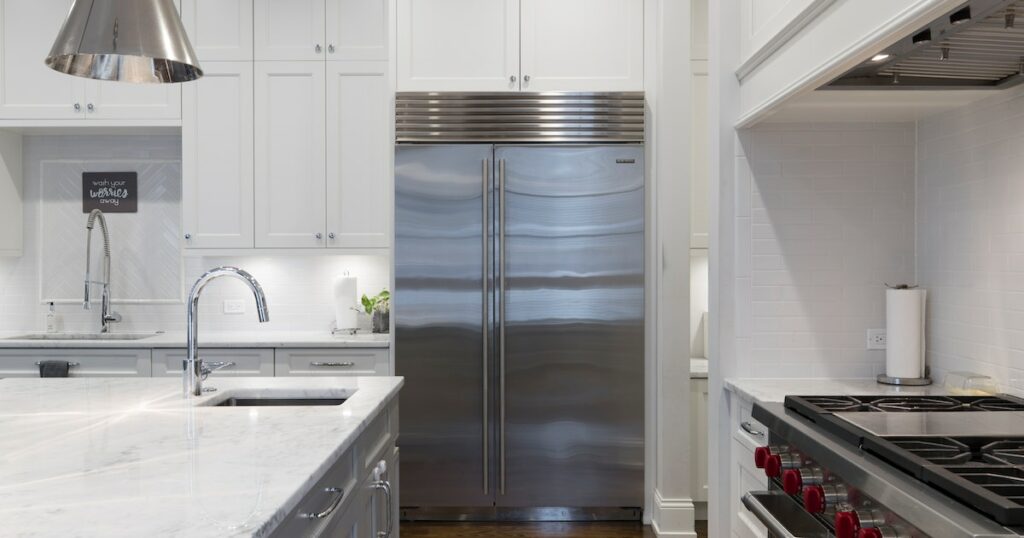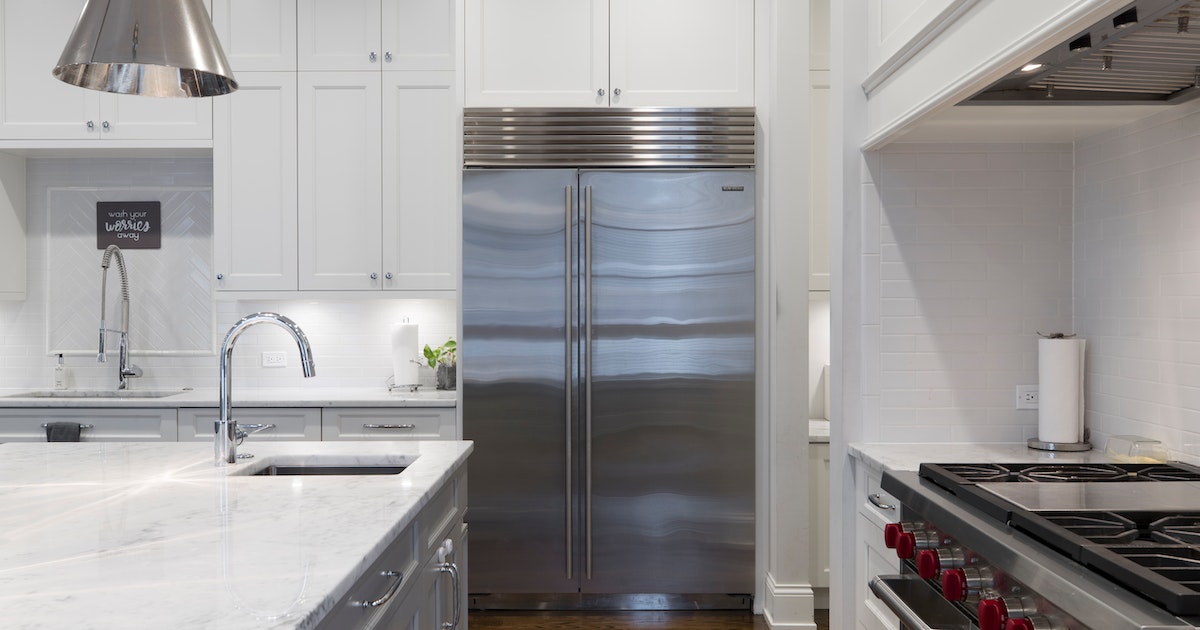Learn 7 Home Appliances Tips on Dealing with Electrical Hazards

Many of us live in homes with electrical risks that are hazardous to our health. Everyone must understand how to keep safe when dealing with these threats at home. In this blog post, we’ll discuss electrical safety advice for your home, which will help you prevent electrical shock and save your life.

1. Repair or Replace Damaged, Cracked, Loose, Faulty Power Cords
Electrical safety precautions at home are actions taken to avoid injury from an electric shock. This includes everything in your home, such as light fixtures and extension cords.
It also includes washers, dryers, dishwashers, ovens/stoves, and refrigerators. Damaged power cords are one of the most common electrical risks in homes. Extension cables should be handled with care because they can easily become entangled on furniture or walked over, resulting in a short circuit and electrical shock. Replace any worn-out cords that could pose an electrical hazard immediately!
2. Keep Electrical Devices Away from Sources of Water to Avoid a Potential Shock Hazard
Electrical safety at home can be achieved in various ways. Still, it’s vital to remember that it doesn’t stop with the electrical equipment – you also need to avoid getting water near anything plugged into an outlet or power cord.
Irons, blenders, vacuum cleaners, dishwashers, clothes washers, coffee pots (particularly those without a drip tray), and microwaves are among household equipment prone to water exposure. They pose potential hazards when used after coming into contact with any quantity of moisture.
But what about power outlets? It may appear that they will never come into contact with water. However, if your property has been renovated since the installation of electric fixtures, water may have leaked or poured into the walls.
3. Avoid Overloading Outlets
You may believe that you can connect more than one appliance to an outlet simultaneously if they are close enough to each other. This, however, is hazardous to your home’s electrical system. Overloaded outlets can cause certain appliances (refrigerators) to shut down prematurely or stop working entirely due to overheating.
4. Unplug Appliances When Not in Use to Avoid the Risk of Overheating
Unplugging your appliances while they are not in use is one of the most critical things to take when it comes to electrical safety. Unplugging an appliance can assist prevent overloading outlets and overheating, which can lead to a fire or possibly the ruin of an entire home’s electrical system.


